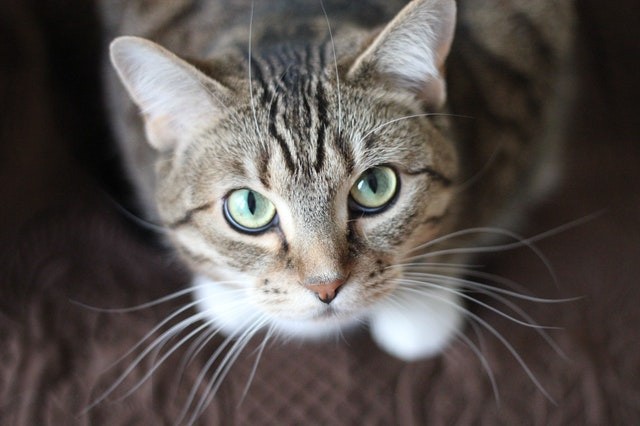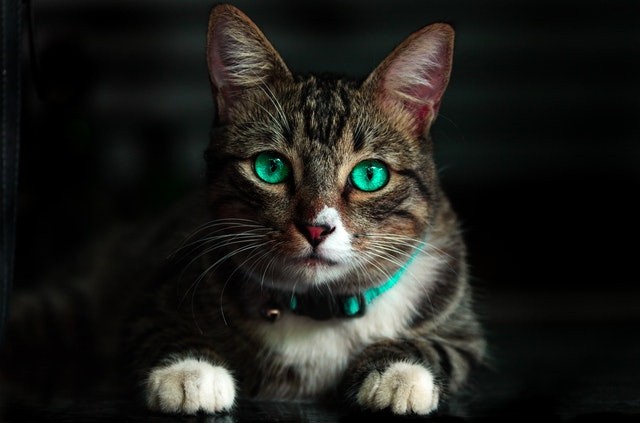A study published in the journal, Frontiers of Veterinary Sciences in December shows that smooshed faced cats can't express emotions, but why is that?
Indeed, cats are amazing creatures whose physical and behavioral features make them attractive to humans. Over time, man has crossbred cats to gain maximum satisfaction from interacting with them. But this action has come with a cost because feline cats are starting to lack show emotions.

Feline Cats Unable to Show Emotions
A recent study published in the journal Frontiers of Veterinary Science indicated that selective breeding for the brachycephalic or flattened face type has stunted the cats' ability to communicate pain, or fear accurately.
Their faces are constantly in grimace indicating that they are pained even when they aren't.
Lauren Finka, the study lead and postdoctoral researcher at Nottingham Trent University in England expressed shock at the result.
He mentioned that he was ignorant of the fact that flat faces have pain-like expressions.
Finka said cat owners won't be able to tell when their pet or companion is in pain. Though a positive take-out about selective breeding is that it has improved most of their physical features.
Even as interesting as the result of this study is, only a few studies have shown how breeding has changed feline facial expression.
During this study, the researchers used a computer algorithm to analyze facial data from over 2000 cat photos. Each of the photos was assigned a score from neutral to full-on grimace.
When the researchers compared the neutral expression of various cat breeds against the grimacing facial expressions of domestic shorthair cats recuperating from routine surgeries, they found that flat-faced cats seemed to show "pain-like" facial expression even while they were fully relaxed.
Interestingly, the shorthair cats that were more in pain scored lower for pain-like facial expressions than the Scottish Fold.
ALSO READ - 4 Simple Steps To Make Your Cat Happy Indoors

The Motivation for Domesticating Flat-Faced Cats
"We likely have an innate preference for pain-like features because they probably tap into our drive to nurture, since we tend to feel sorrier for them" Finka said.
Some individuals also feel that keeping breed animals will make them much younger. This is supported by the theory which postulates that people breed animals to stay longer in an infantile state. This process is known as neotenization.
Therefore, the passion for humans to remain ever young can have potentially negative effects on flat-faced feline cats. Constricted airways, excessive skin folding, breathing, and vision-related issues have been too extreme facial modifications.
Finka said it is unfortunate, people may continue to prefer and encourage the existence of breeds with serious health concerns that are likely to struggle to communicate with them and perhaps other animals.
However, cat owners may not know when their cats are in pain because squished faces can interfere with the manner in which they communicate. This means that they can miss out when their cats are in pain.
Finka advised people to do thorough research before buying a cat. He said it is imperative to consider the abilities of an animal to communicate.
RELATED ARTICLE - Cat's Face Hard To Read, Except For 'Cat Whisperers' Research Finds
For more news, updates about cats and related stories, don't forget to follow Nature World News!
© 2025 NatureWorldNews.com All rights reserved. Do not reproduce without permission.





